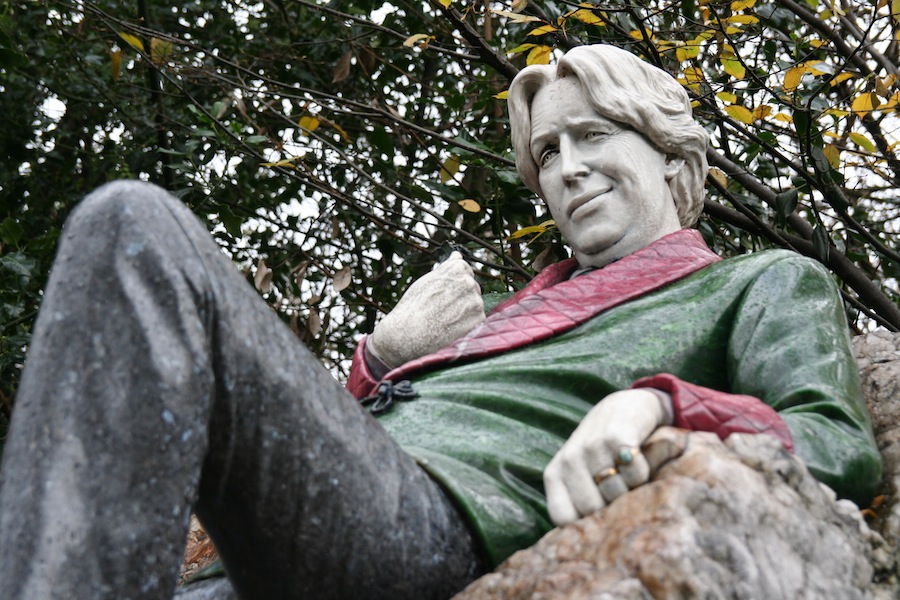
The Decay of Lying asks whether life imitates imagination, or the other way around
When I first read Oscar Wilde as a boy, it was difficult for me to take him seriously — to believe that he was anything but pure style; his material’s substance appeared to be shallow at best. While reading plays like The Importance of Being Earnest, his lovely comedy of manners revolving around the foibles of the English aristocracy, it seemed to me that the author was just having fun and writing for the sheer thrill of it. And while that may have been the case, what I did not see until I interpreted the play critically was that Wilde’s work is anything but lacking in depth. The Decay of Lying, a fanciful and subtly serious socratic dialogue, in which Wilde champions Romanticism over Realism, is one piece I would have definitely been mistaken about as a youth had I possessed the patience to read it. So much is said in only 44 pages, and yet so much implicit meaning (and overtly expressed meaning) can easily be lost in his grand aesthetics and opulent prose. It is because of this — and our limited time and patience — that I’d like to briefly glide over only one of his arguments in this short text: that life imitates imagination and not the other way around.
It is not so disagreeable an assertion that, when stripped to only the barest essentials, humans are more or less the same. But to say that “what is interesting about people in good society […] is the mask that each of them wears, not the reality that lies behind the mask” is something else entirely. The very notion that our veneer is the only thing worthwhile is an amazingly bold claim, even for someone as tongue-in-cheek and fantastical as Wilde. Even grander is his idea that “Life imitates Art, […] Life in fact is the mirror, and Art the reality,” which runs totally antithetical to Aristotle’s outdated notion that “art takes nature as its model.” On the other hand, Wilde believes “Art […] is not to be found in Nature herself. It resides in the imagination, or fancy.”
While Vivian, the main speaker of the text, bluntly trumpets the paradoxical statement that “truth is entirely and absolutely a matter of style,” there is more to Wilde’s argument than mere facetiousness. (Vivian insisting Cyril, the only other character in the dialogue, to “[please not] interrupt her in the middle of a sentence” after Vivian has — and continues to — dominate the conversation, is a good example of Wilde apparently not being overly concerned with his treatise being taken at anything more than frivolous banter). While it is very tempting to take Wilde at face value and to just appreciate his efforts on the surface, this piece is certainly worth a much closer and deeper interpretation.
Wilde’s argument (through Vivian) to “revive this lost art of Lying” surely could be misconstrued by some readers as deceitful and ugly, if taken on an artificial level. This seems incredibly ironic, as he says in his famous novel, The Picture of Dorian Gray, “It is only shallow people who do not judge by appearances. The true mystery of the world is the visible, not the invisible.” But this is a seemingly absurd statement in itself, because one would clearly find something visible far less mysterious than something invisible. This is, however, not self-contradictory: it is the mask which is shown in plain sight — not the things it hides — which holds the most mystery, as many secrets can be where everyone can see them.
When I first read The Decay of Lying, the famous Willy Wonka quote crooned into my mind: “There is no life I know to compare with pure imagination. Living there you’ll be free if you truly wish to be.” This sums up what Wilde is saying in his piece: that we live with the aspiration of unshackling ourselves from ugly and dull daily concerns in order to transcend into a world of wonder.
You can reach RYAN DOWNER at rmdowner@ucdavis.edu.



